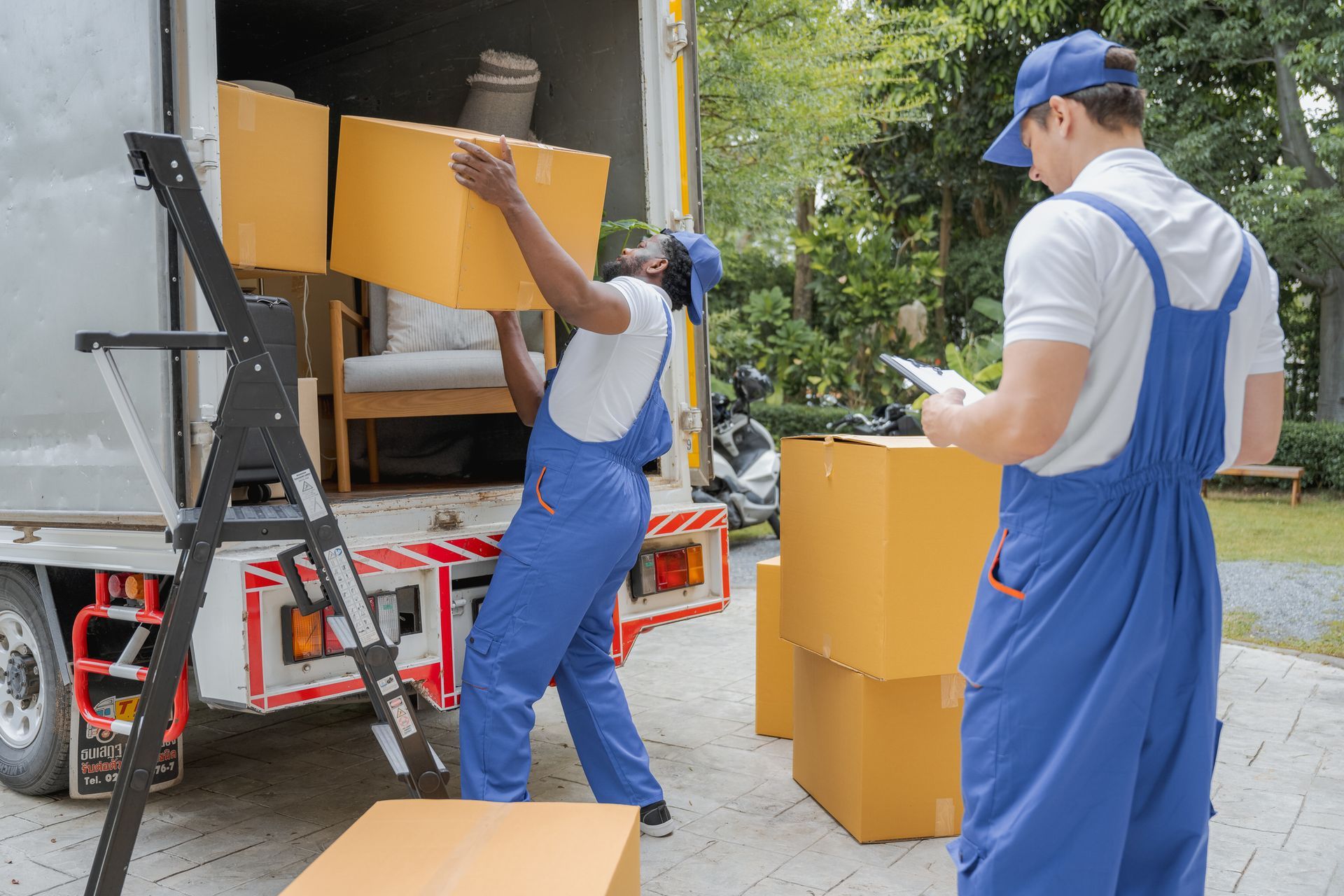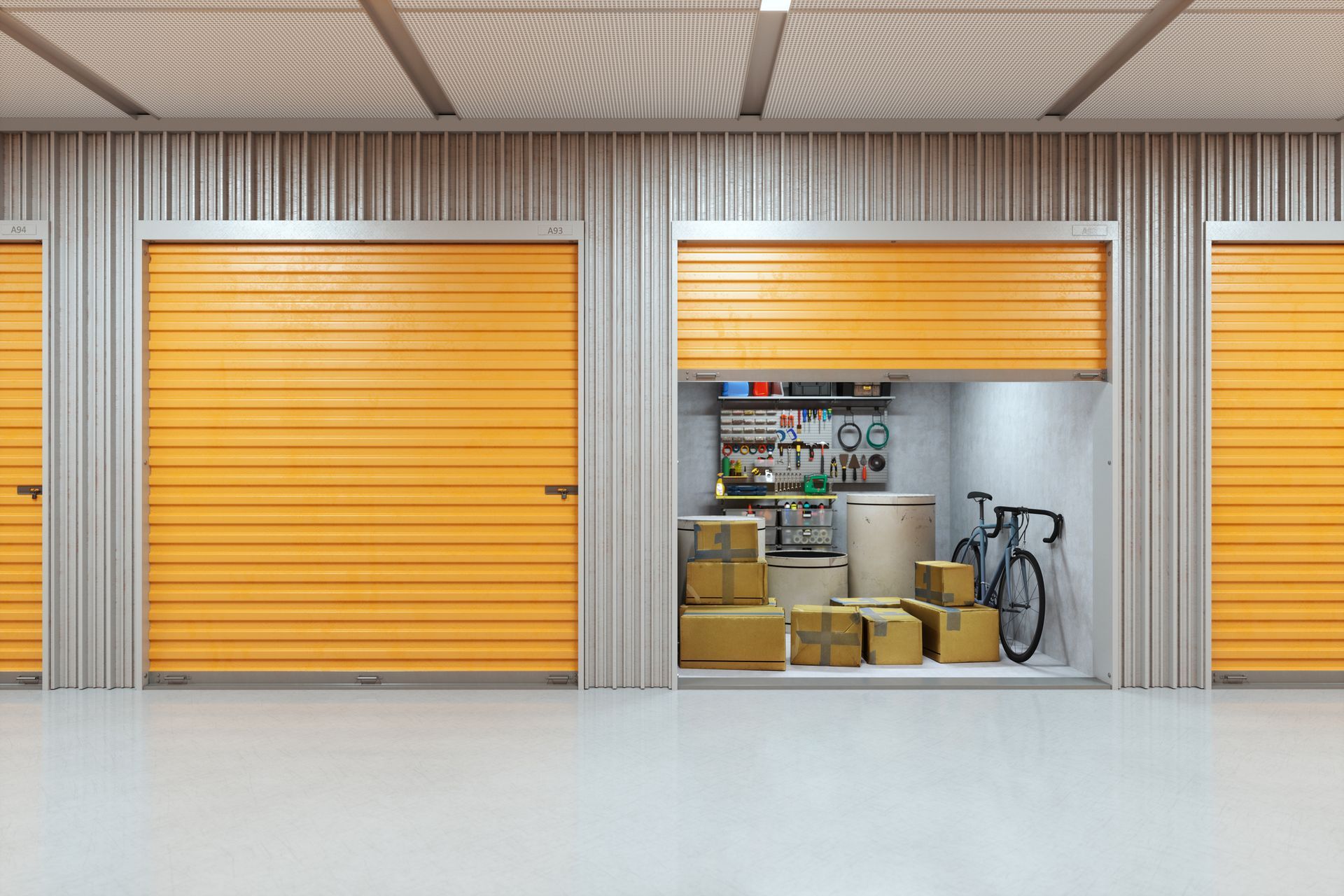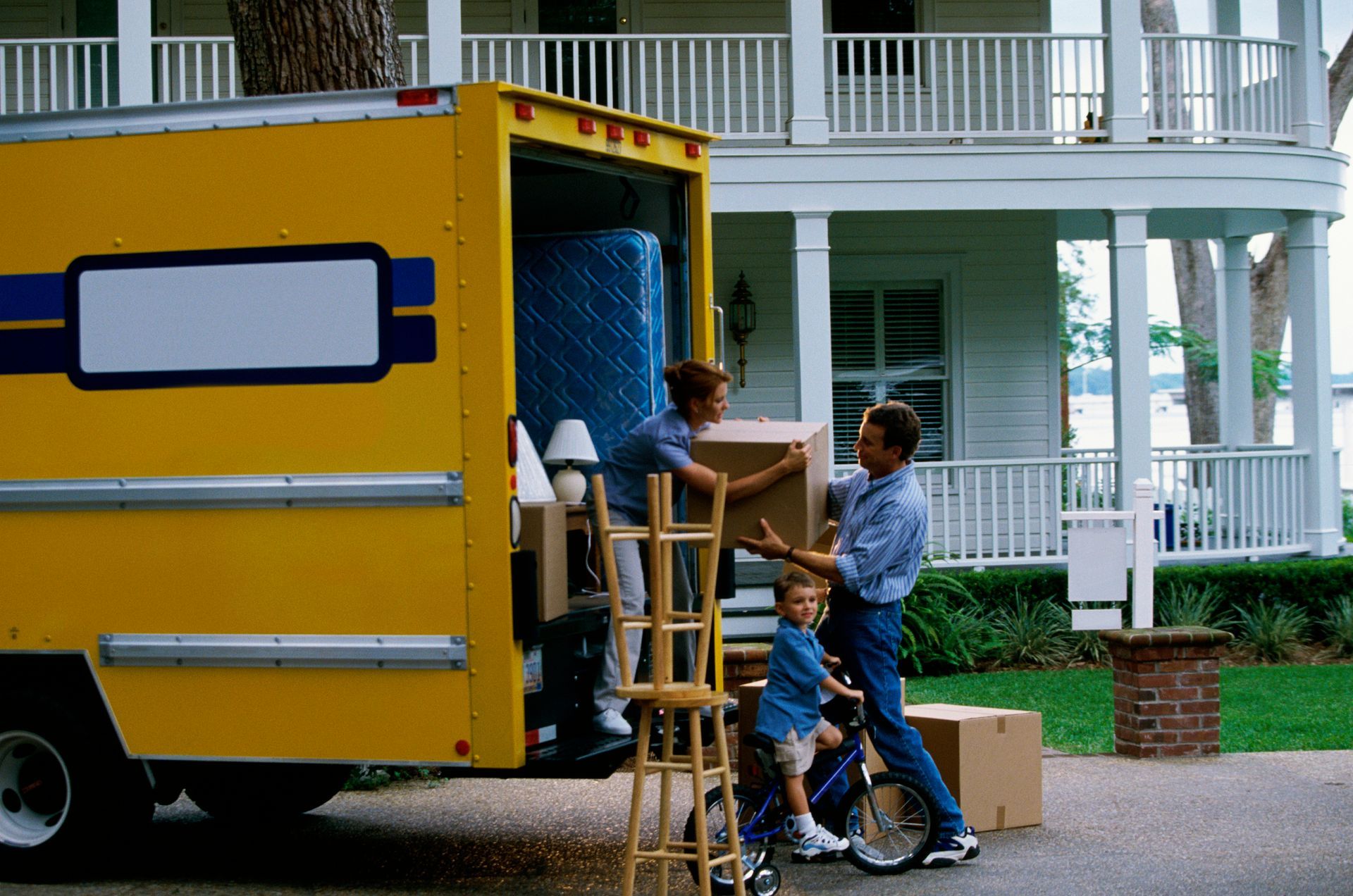Family Owned and Operated Since 1906
3 Common Pitfalls to Avoid in Local Moving for Madison, WI
If you’re planning to reach out to a local moving company serving Madison, WI, Christofferson Moving & Storage has seen the small missteps that can snowball into delays, extra costs, and last‑minute headaches. The good news: most pitfalls are predictable—and preventable—when you know what to watch for. Consider this your playbook for a smoother, calmer move across town.
Local Moving in Madison, WI: Pitfalls to Avoid
Relocations within a city seem simple—until details compound. Here are the avoidable mistakes that tend to drive up stress or cost and how to stay one step ahead.
1. Packing Errors That Cost Time and Money
Packing looks easy—until boxes split, fragile items break, or the crew must repack on your driveway. In local moving, overloaded boxes are the most frequent culprits. A banker’s box full of books feels efficient, but it can exceed safe lift limits, slow loading, and risk injury or damage. Mix heavy items with soft goods instead (books on the bottom, towels or bedding on top) and keep each box to a manageable weight.
Labeling is another slippery spot. Vague labels or writing on only one side can add hours to unloading and setup. Use large, clear labels on at least two sides and the top, with both the destination room and a quick list of contents. Color‑coding by room helps zero in on urgent areas like the kitchen or kids’ rooms.
For local moving, protective materials matter more than many expect. Skipping mattress bags invites dirt and moisture. Skimping on dish packing means chips or cracks at the finish line. Wrap glass and stemware individually and plate‑stack vertically with cushioning. Protect furniture with stretch wrap and pads to prevent doorframe dings or stairwell scuffs common in older Madison, WI, houses and apartment buildings.
Don’t forget a “first‑open” kit. Many people pack essentials too deep: chargers, remotes, medication, a couple of towels, night‑one linens, snacks, and pet supplies. Keep this kit visible and last loaded so it’s first off the truck.
Finally, measure twice. Sofas, sectionals, and refrigerators can fit through one door but not another. Note stair turns, elevator dimensions, and tight hallway clearances. Flag anything that might need doors removed or legs detached. For artwork or stone tops, pre‑plan specialty packing or crating to avoid rushed, risky improvisation.
2. Scheduling Mistakes That Derail Plans
People often underestimate timing. For local moving, weekends near month‑end book fastest, as do dates near school starts and closings. If flexibility exists, target mid‑week and mid‑month for better availability and smoother schedules.
A moving timeline built backward from keys‑in‑hand prevents crunch. If your home purchase closes at noon, coordinate access windows, elevator reservations, and load‑out times so the crew can roll without idle gaps. Reserve service elevators and loading docks early if you’re in a building; those calendars fill weeks in advance.
Weather is another Madison, WI, wildcard. Winter cold and spring rain aren’t deal‑breakers, but they slow the pace and require floor protection, extra wraps, and more care. Build a buffer into the day, and stage a weather kit: floor runners, boot trays, towels, and tarps at entry points to protect surfaces and keep the path safe.
Parking and access plans are essential. Narrow streets, snow‑emergency routes, or campus‑area restrictions can force long carries or shuttles if you don’t pre‑plan. Scout curb space at both addresses, consider cones or a neighborly heads‑up, and confirm any city parking rules for load zones to keep the day efficient.
3. Hidden Fees and Surprise Costs
Budget surprises usually come from what’s not discussed up front. Local moving quotes often exclude items that can add time, like long carries from a distant parking spot, elevator delays, stair flights, or disassembly/reassembly for complex furniture. Clarify whether these conditions exist at either address so the estimate reflects reality.
Material use can be a gray area. Confirm what’s included (pads, tape, stretch wrap) and what’s billed separately (specialty boxes, mattress bags, crates). If you prefer to self‑pack, ask for a recommended materials list sized to your home so you’re not scrambling day‑of.
Permits and tickets can also bite the budget. Some blocks have restricted parking; if a truck gets a citation, somebody pays. Ask how load‑in/out spots will be reserved, what the city requires, and whether your plan includes permits when necessary. Clear expectations lead to accurate quotes and fewer surprises.
Insurance and valuation are often misunderstood. Basic carrier liability is not the same as third‑party insurance. Understand the coverage tiers available, what they cost, and what documentation you’ll need in the rare event of a claim. Photograph fragile and high‑value items before packing to simplify any follow‑up.
How to Build a Smart Local Moving Game Plan
Momentum comes from a simple, written plan. Start with a home inventory by room. Note fragile, oversized, and high‑value items, plus anything requiring special handling. This list guides packing order, material counts, and load sequence.
Create a clutter‑light strategy. Donate or sell what you don’t love or use. In Madison, WI, nonprofits and resellers often offer pickups; schedule those a week or two before your move. Fewer items mean a faster day and lower cost.
Stage packing zones. Keep boxes, paper, and tape in a central spot and tackle one room at a time. Pre‑pack what you rarely touch (seasonal décor, off‑season clothes), then move toward daily‑use spaces. Photograph cable setups and shelf positions to speed reassembly.
For local moving, color-code labels and create a simple floor plan for the new address. Place a matching color sticker on each room’s door. Crews can deliver precisely, and you won’t spend the first night hunting for sheet sets or cookware.
Call utility providers early. Overlap internet and power service for a day or two, if possible, so you’re not without necessities your first night. Update your address with banks, insurance, pharmacies, and subscriptions to avoid missed bills or deliveries.
Moving Day: Calm, Coordinated, and on Time
The day itself rewards preparation. Confirm the start time the afternoon before. Clear walkways and entryways, roll up rugs, and detach shelves or table legs you planned to remove. Protect floors at both homes, and plan care for pets and kids so the crew can focus on safe, efficient work.
If an unplanned delay pushes your moving start, communicate early. A quick call helps adjust crew arrival and keeps expectations aligned. Keep the first‑open kit and key paperwork in your personal vehicle, including IDs, closing docs, leases, checkbooks, and any hardware for reassembly.
Treat
local moving
like a well‑choreographed event. Assign simple roles to helpers—one person checks rooms for stragglers, another manages elevator timing, and a third reviews the final walk‑through. Before the truck pulls away, do a last sweep: closets, medicine cabinets, washer/dryers, dishwashers, garage rafters, and backyard sheds tend to hide forgotten items.

Tools, Checklists, and Local Know‑How
Madison, WI, has its own rhythm. Game days, festivals, and campus move‑ins add traffic and reduce parking. Check city calendars, and consider start times that dodge peak congestion. In winter, salt steps and sidewalks in advance and keep a shovel handy for edge berms that can block rolling dollies.
Local moving across Madison, WI, neighborhoods also means variable architecture: tight Old University staircases, narrower near‑eastside streets, or sprawling west‑side subdivisions with long walks to the door. Measure problem spots, stage a clear path, and consider requesting a smaller shuttle if your street won’t comfortably fit a large truck.
Lean on checklists. A one‑page move‑day list, a packing completion tracker, and a change‑of‑address sheet reduce mental load. Keep tool basics within reach—Allen keys, a drill, a small socket set, a level, extra screws, painter’s tape, zip‑top bags for hardware, and a Sharpie—to reassemble furniture quickly and keep parts organized.
After the Move: Avoiding Unpacking Regret
The first evening sets the tone. Open the beds‑and‑bath boxes first so everyone sleeps well and starts fresh. Resist the urge to scatter open boxes across multiple rooms; finish one room at a time to feel momentum.
Local moving success carries through the first week. Flatten and stack used boxes for pickup or reuse, schedule a cardboard recycling drop, and set a date to handle post‑move errands: DMV, voter registration, pet licensing, and school enrollments if applicable. Walk the new home with a notepad to log minor repairs, missing batteries, sticky doors, and nail holes to patch—quick wins that make the space feel finished.
Budget a little time to explore your immediate area. Note the nearest pharmacy, urgent care, late‑night grocery, and hardware store. If you’ve changed trash and recycling days or rules, add them to your calendar to avoid fees or missed pick
How Pros Help You Avoid the Big Mistakes
Experienced crews live and breathe logistics. They’re adept at right‑sizing materials, staging awkward items for safe transport, plotting optimal load order, and anticipating tricky stair turns or elevator holds. They also know how to clarify the fine print—what adds time, how to reserve loading areas, and which details belong on your estimate to avoid gotchas later. Combine that expertise with your preparation, and you’ll set up a day that feels less chaotic and more like a coordinated project.
Schedule Your With Us Move Today!
Ready to put these ideas into action? For local moving serving Madison, WI, with a plan built to avoid stress and surprise costs, connect with Christofferson Moving & Storage. Call (800) 242-8182 to talk through your timeline, get clarity on pricing and logistics, and lock in a date that fits your schedule. Let’s map a smooth, efficient day—and have you settling in faster, with fewer headaches and no unwelcome surprises.











